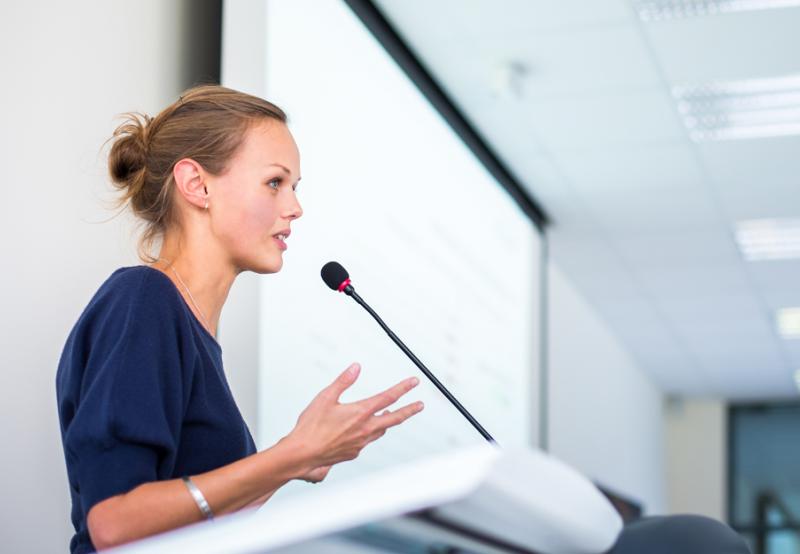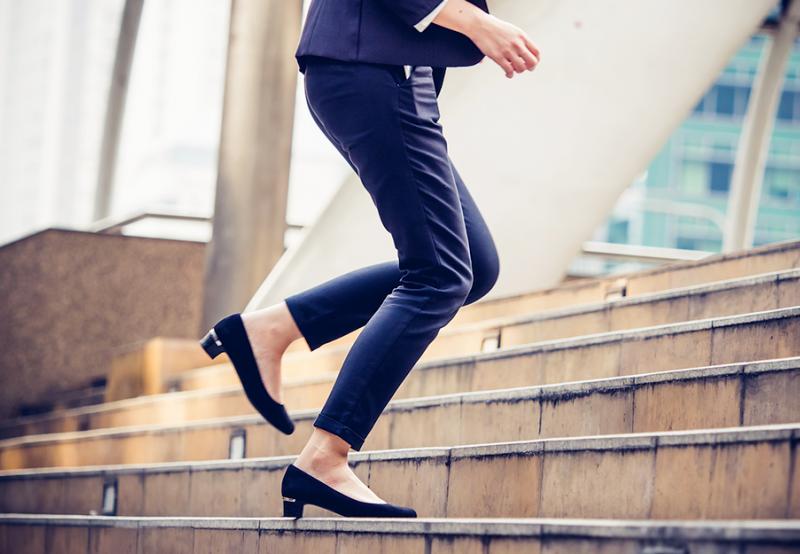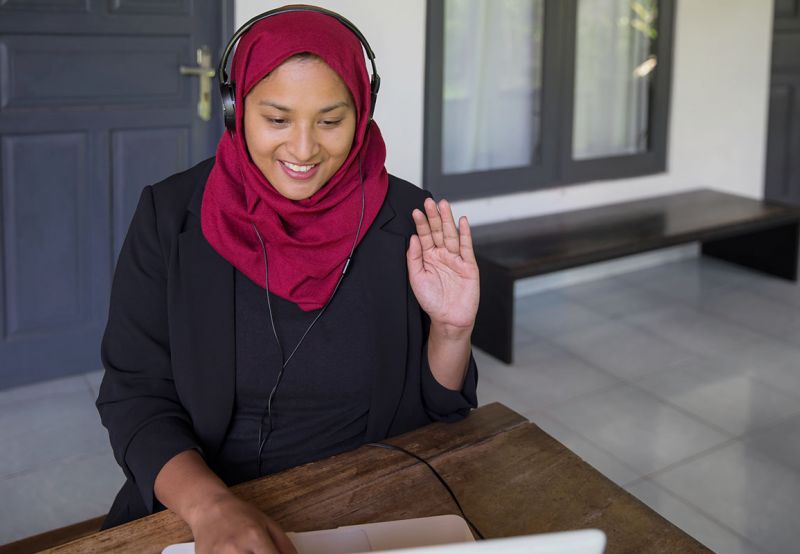
“There is no such a thing as early, there’s on time and late.” That’s what comedian Chris Rock said his father taught him. Chris Rock’s father was clearly not a recruiter.
If he was, he’d know you really can be too early. Arriving way ahead of time to an interview, or any meeting can work against you.
Early birds change the deal without notice
It works this way. You agreed to a time. When you show up too early, you are modifying the deal you made, even though that likely is not your intent. Still, people often feel pressured to accommodate you rather than keep you waiting for an extended time.
Think of how you feel when a guest shows up at your place ahead of time. There’s a small chance you welcome their early arrival, but there’s a greater chance you’ll find it annoying.
Being punctual is about being on time, not advancing the time
It happens at TalentWorld that candidates show up an hour or more before their interviews. Our lobbies at our downtown and regional offices are welcoming, wonderful places, but they’re still not meant for people to hang out for a long period of time.
Most importantly, it doesn’t boost your confidence, or your image, to stay parked in a chair for an hour waiting for interview.
As you sit flipping through magazines, or more likely, looking at your phone, you can feel your energy, and your optimism, wane.
Beware of the power-zapping smartphone hunch
Most of us look at our smartphones when we sit and wait. And that puts us into a confidence-zapping body pose. Studies confirm that spending time hunching over our smartphones, or anytime we hunch, has the effect of making us feel unsure of ourselves.
Sounds extreme? The data doesn’t lie. Our body positions influence how we think about ourselves, according to heaps of research by Amy Cuddy, a world-renowned expert on the body-mind connection.
Hunching hurts self-esteem
Here’s just one study of many that makes the case. In this instance, participants were assigned really easy tasks. Each one was alone in a room. Some of the participants worked on a desktop computer so they looked straight ahead at the screen and sat upright. Another group was given smartphones. They were hunched over.
After just five minutes, the researchers disabled the computers and took away the smartphones.
They left participants with nothing to do and said they’d be back in five minutes to pay them for their time. But, they added, if they don’t return, it’s because they’re busy. In that case, the participants were instructed to leave their rooms and find them.
In fact, the researchers never planned to return. They wanted to see what the participants would do.
The results:
After five minutes, 94% of those who had worked on the desktop computers left the room to find the researchers and get paid.
Not so those who worked on smartphones. Most of them showed a timidity that suggests a lack of confidence. They either just stayed waiting in their rooms, or they only left after 10 minutes to find the researcher.
The authors of the study found those in a hunched position felt powerless and not inclined to assert themselves.
That kind of self-doubt is really not what you want to bring into an interview or any meeting.
When isn’t early too early?
Unless you’ve been specifically instructed to arrive early to complete any pre-interview actions, arriving five minutes early is optimal. Being 10 to 15 minutes early is acceptable. More than that, go somewhere else to wait out the time.
3 best ways to kill time according to TalentWorld experts
Go for a walk: Weather permitting, walking is the best way to wait. Studies show walking boosts energy. By the way, walking is also shown to be more effective than a nap for fighting fatigue or weariness. Of course, this is not to imply anyone reading this would think napping in a reception area was one of their options!
Wait at a café or in a car and get into a curious state-of-mind: If while at a café, you decide to go online, avoid checking email, bank statements, or anything that could bring you down or increase anxiety. Instead, look at the company’s latest social media posts. Or read anything that relates to your line of work or skill set. The key is to get into a curious mindset. Your genuine curiosity in the company, and trends in your area of interest, will guarantee an upbeat, interesting conversation.
Think about something that makes you feel good: Optimism sells, desperation doesn’t. Mind travel to times in your personal or professional life when you felt really on top of the world. Happy people make for happier interviews.
What to do while waiting 5 to 10 minutes in the lobby
Strike a power pose. Shoulders back, chin up. The idea is to expand. And if you can’t do it physically, just imagine yourself in a victory pose, with your head back and your arms up in the air, as if you just won a race.
The science says taking on a posture of winner will make you feel more confident, less anxious and generally more positive.
At TalentWorld happiness is a key value
We pride ourselves on our unmatched record for happy placements. We know that when you’re in the right company for you, doing the right job for you, everybody wins. You’re happy, your employer is happy, your friends and family are happy. And that’s when we get happy.
So it’s important to us that you go into any interview feeling good about who you are and confident to answer questions and ask them.
Hanging out in a reception area for an hour before an interview isn’t the best way to feel powerful. Instead, take the advice from the experts in happy placements and plan to arrive close to the time, and keep your head up!
If you need something to do while waiting for an interview check out our job postings on TalentWorld, to see where your talent can take you.









